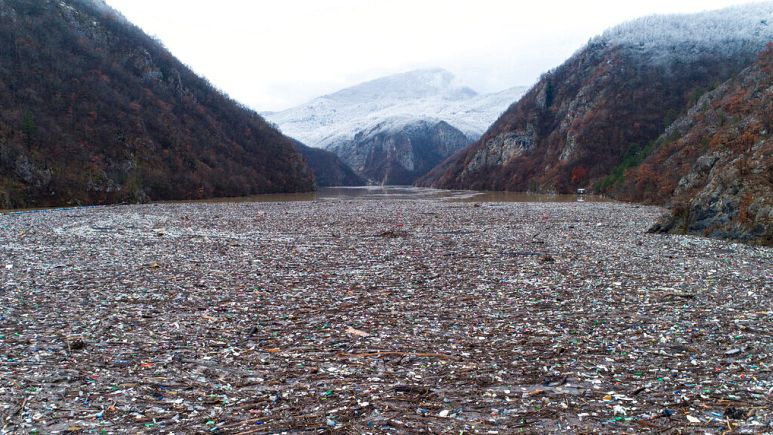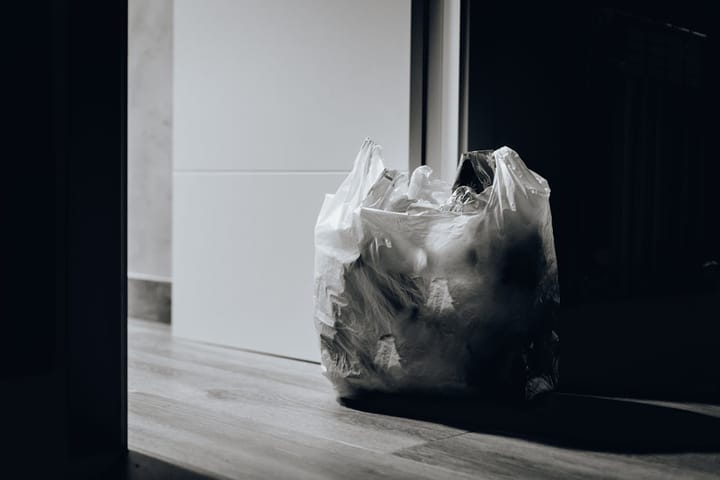Pollution trouble in a Balkan river
Over the past 20 years, the Drina River has become known for its “garbage season.”

A few minutes every morning is all you need.
Stay up to date on the world's Headlines and Human Stories. It's fun, it's factual, it's fluff-free.
The backstory: The Drina River in the Balkan region of Europe runs 346 kilometers from northwestern Montenegro through Serbia and Bosnia. It’s known for its pretty green color and stunning scenery. There’s even a section of it that’s popular for river rafting. But the river isn’t safe from pollution issues. Following the 1990s wars connected to the breakup of Yugoslavia, the Balkans are still recovering economically and in the field of environmental protection. With that, the countries there have had trouble building environmentally secure trash disposal systems that are required by the EU.
More recently: Over the past 20 years, the Drina River has become known for its “garbage season.” Basically, waste dumped in badly regulated landfills or thrown into arms of all three countries ends up collecting behind a trash barrier set up in the Drina in eastern Bosnia. This happens every winter and spring because of the wet weather. It usually takes six whole months to clear it all up again.
The development: Over the past week, there’s been lots of rain and unseasonably warm weather in the Balkans. With this combination of conditions, many waterways in Bosnia, Serbia and Montenegro are overflowing and flooding nearby towns. The huge flow of garbage to the trash barrier has also been neverending. About 10,000 cubic meters of waste has heaped up behind the trash barrier recently.
Key comments:
"This is a source of great embarrassment for all of us as we seem unable to solve this issue for such a prolonged period,” said the president of the environmental organization Udruženje građana Eko Centar Visegrad, Dejan Furtula.
"This pollution has a huge impact on the local biodiversity," said Furtula in 2021. "Microplastics are absorbed by the same fish that we also eat. We lack operational recycling infrastructures. Once collected this garbage is simply burnt at the municipality's disposal facility and then residents are forced to breathe the gases emitted by the burning process."




Comments ()